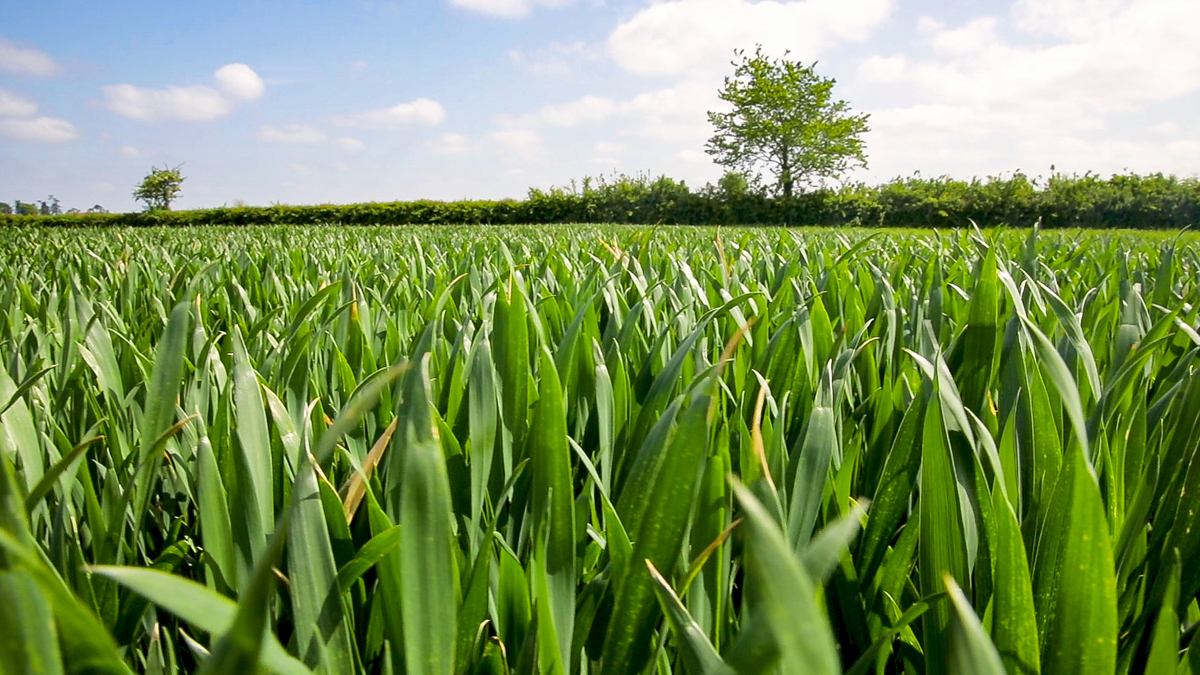The European Commission is set to allow EU member states to temporarily derogate from certain obligations under the greening requirements of the Common Agricultural Policy (CAP) Pillar I.
The measures are being implemented in response to the food security concerns arising from the Russian invasion of Ukraine.
As well as that, the commission will propose a support package of €500 million, including by making use of the crisis reserve, to support the producers most affected by the input cost increases arising from the war.
On greening, member states may allow for the production of any crops on fallow land that is part of ecological focus areas in 2022, while maintaining the full level of greening payment.
It is hoped that this flexibility will allow farmers to adjust and expand their cropping plans this year.
As Ukraine is a significant exporter of arable produce, it is expected that there will be a shortfall of availability in the EU this year, leading to a rise in food prices that will particularly affect low-income households.
The ‘implementing act’ to allow the exceptional derogation from these requirements is aimed at enlarging the EU’s production capacity, as its response to supply issues is limited by the availability of fertile land.
Meanwhile, the €500 million support package that the commission is set to propose will allow member states to provide financial support to farmers or address market disturbances due to increased costs or trade restrictions.
The commission is calling for sustainable practices to be prioritised if and when this funding comes on stream.
Furthermore, in order to address possible cash-flow problems for producers in the autumn, the commission will allow members states to pay increased levels of advances of direct payments and area- and animal-related rural development measures to farmers as of October 16.
The commission has also adopted a new ‘Temporary Crisis Framework’ this month, which is aimed to support undertakings directly or indirectly affected by the crisis, including farmers and fishers, in the form of liquidity support and aid for increased gas and electricity cost.
